Slow fashion is an increasingly popular concept that has been gaining widespread attention in recent years. It's a movement away from the traditional, high-speed mass-produced fashion industry, and towards a more sustainable and ethical approach to clothing production.
Slow fashion encourages quality over quantity, sustainability, local production and fair wages for those involved in the production process - making it an attractive alternative for conscious consumers.
The traditional fashion industry has long been focused on creating new trends as quickly as possible in order to keep up with ever-changing consumer demand.
This often leads to low-quality garments being produced in large quantities at low costs, resulting in environmental damage from unsustainable manufacturing processes and extremely unethical labour practices.
Slow fashion seeks to challenge this model by advocating for higher quality clothing made with sustainable materials that are produced locally and ethically.
What Is Slow Fashion?
Slow fashion is a term used to describe clothing and accessories that are made with longevity in mind.
This means they are designed to be durable, timeless pieces rather than trendy items that will quickly go out of style. Slow clothing garments often have higher quality materials and construction methods than fast-fashion items, meaning they can last longer and look better over time.
Additionally, slow fashion pieces are more ethically produced than their mass-produced counterparts, meaning they are made with respect for the environment and the people who make them.
Why Should You Join The Slow Fashion Movement?
Additionally, slow fashion encourages people to buy secondhand or vintage items instead of buying new ones whenever possible; this helps extend the life cycle of existing garments while also supporting local businesses that specialise in vintage clothing or resale shops.
Another key aspect of slow fashion is its emphasis on ethical labour practices throughout the entire supply chain of garment production—from farm workers harvesting cotton or silk fibers all the way through to factory workers sewing together finished garments. Slow fashion advocates for fair wages for all those involved in garment production so they can have better lives and working conditions than what they would otherwise experience under traditional fast-fashion models.
How To Join The Slow Fashion Movement
The first step towards joining the slow fashion movement is understanding what it stands for: buying fewer clothes but investing in quality pieces that will last longer than fast-fashion alternatives.
Quality doesn't necessarily mean expensive – there are plenty of affordable brands making sustainable clothing using eco-friendly materials like organic cotton or linen. Shopping secondhand or vintage can also help reduce waste while still allowing you to get great deals on unique styles!
Another way to join the movement is by supporting ethical brands that prioritise sustainability, fair wages for garment workers, and safe working conditions throughout their supply chain. Look for labels such as Fair Trade Certified or Global Organic Textile Standard (GOTS) when shopping, so you know your money is going towards companies doing good work in these areas.
By Shopping at Velvety, you don’t have to worry about this research as we offer clothing exclusively from ethically sourced, slow-fashion and cruelty-free brands!
Finally, educating yourself about current issues in the fashion industry can help you make informed decisions when shopping and support causes you care about through your purchases. Read up on topics such as water pollution caused by textile dyeing processes or labor rights violations faced by garment workers around the world – this knowledge will help give you a better understanding of why buying fewer but higher quality items from ethical brands really do matter!
Examples of Slow Fashion Brands
There are many ethical clothing brands in Australia that follow a slow-fashion philosophy. Find here a list of the top 11 Australian-made clothing brands so that you can shop for sustainable clothing while supporting local businesses.
Another example of slow fashion is when brands focus on made-to-order clothing, which means the garments are manufactured only after being ordered by the consumer. This is an extra step in sustainable fashion because it completely avoids unnecessary waste.
Some brands prefer to give a new life to old products and garments and create beautiful pieces of upcycled fashion.
As you can see, there is a bunch of ways ethical clothing brands are revolutionising the fashion industry — and thanks to this, there is a ton of ways for you to join the movement too.
Join The Movement Today
By following these steps and committing yourself to live more sustainably through your wardrobe choices, you'll be joining a growing number of people who want to see positive change within the global fashion industry.

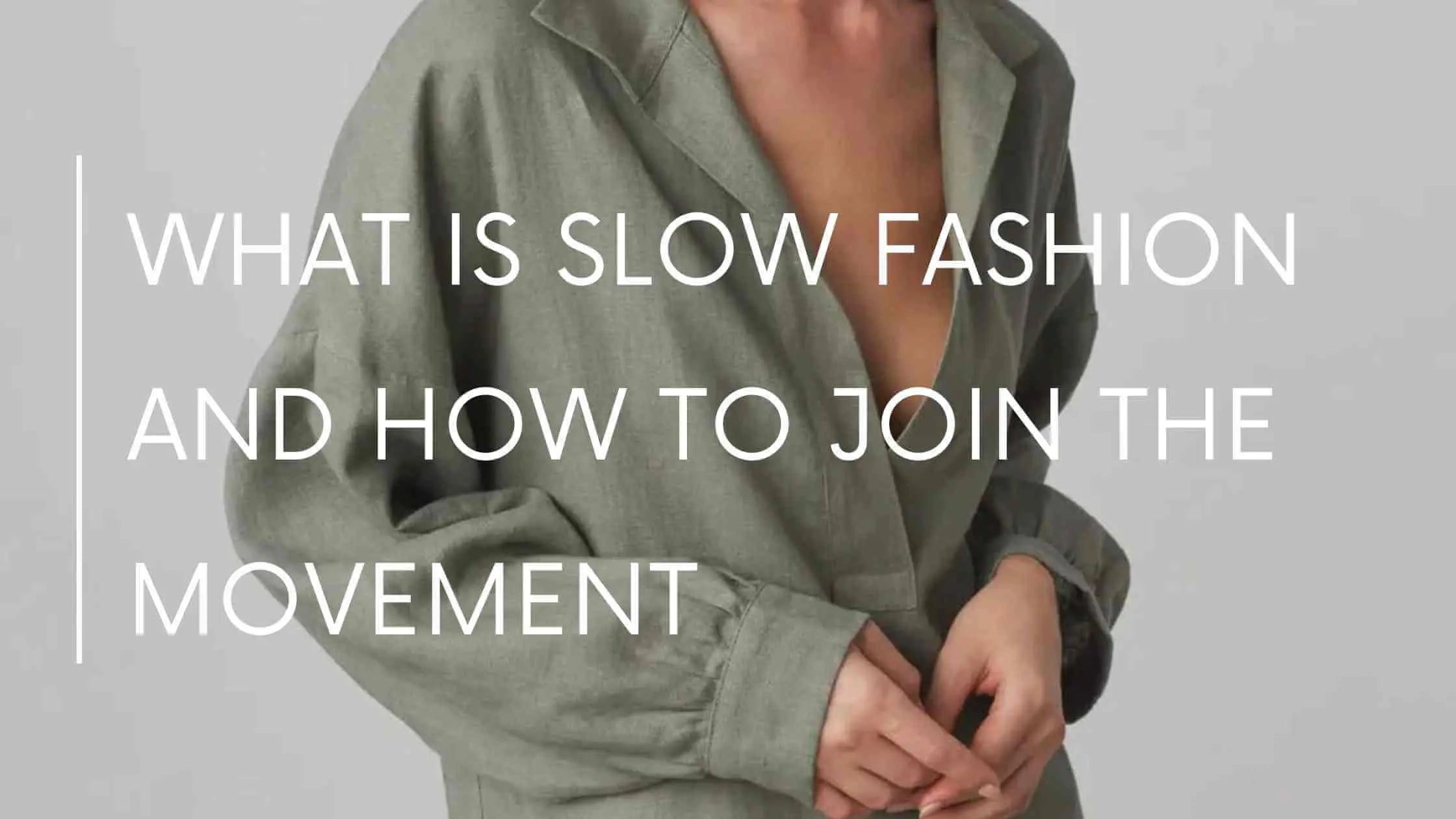



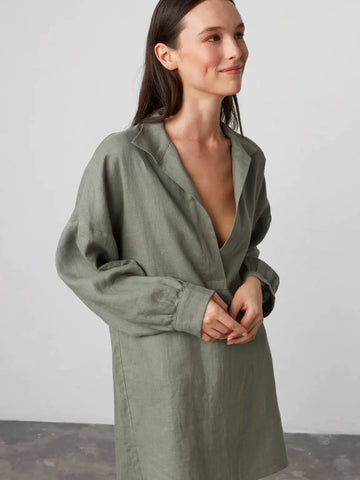

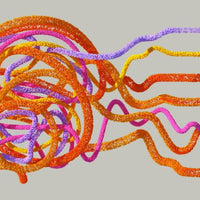
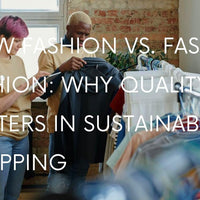
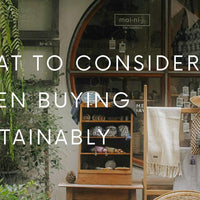
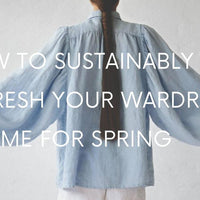

0 comments